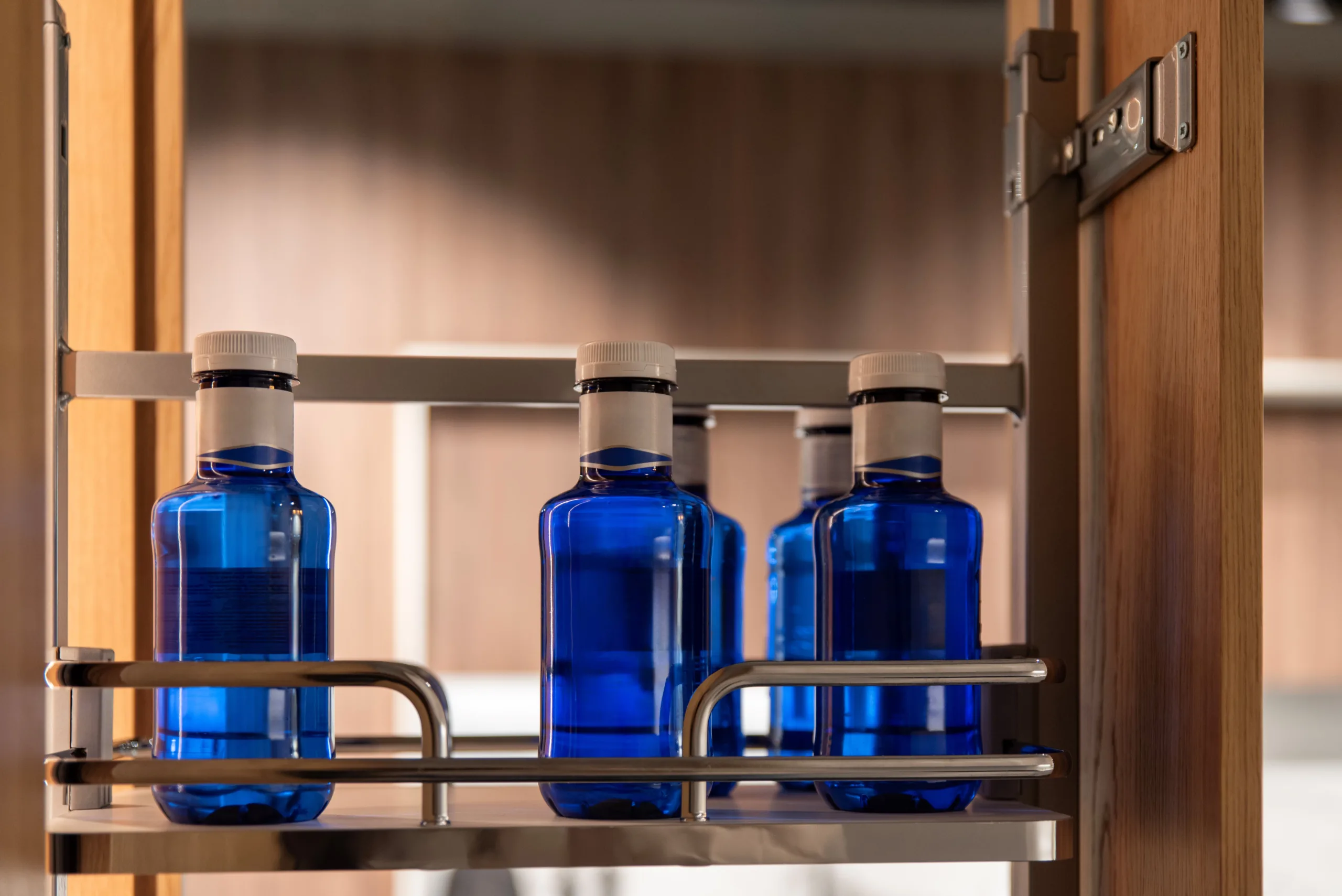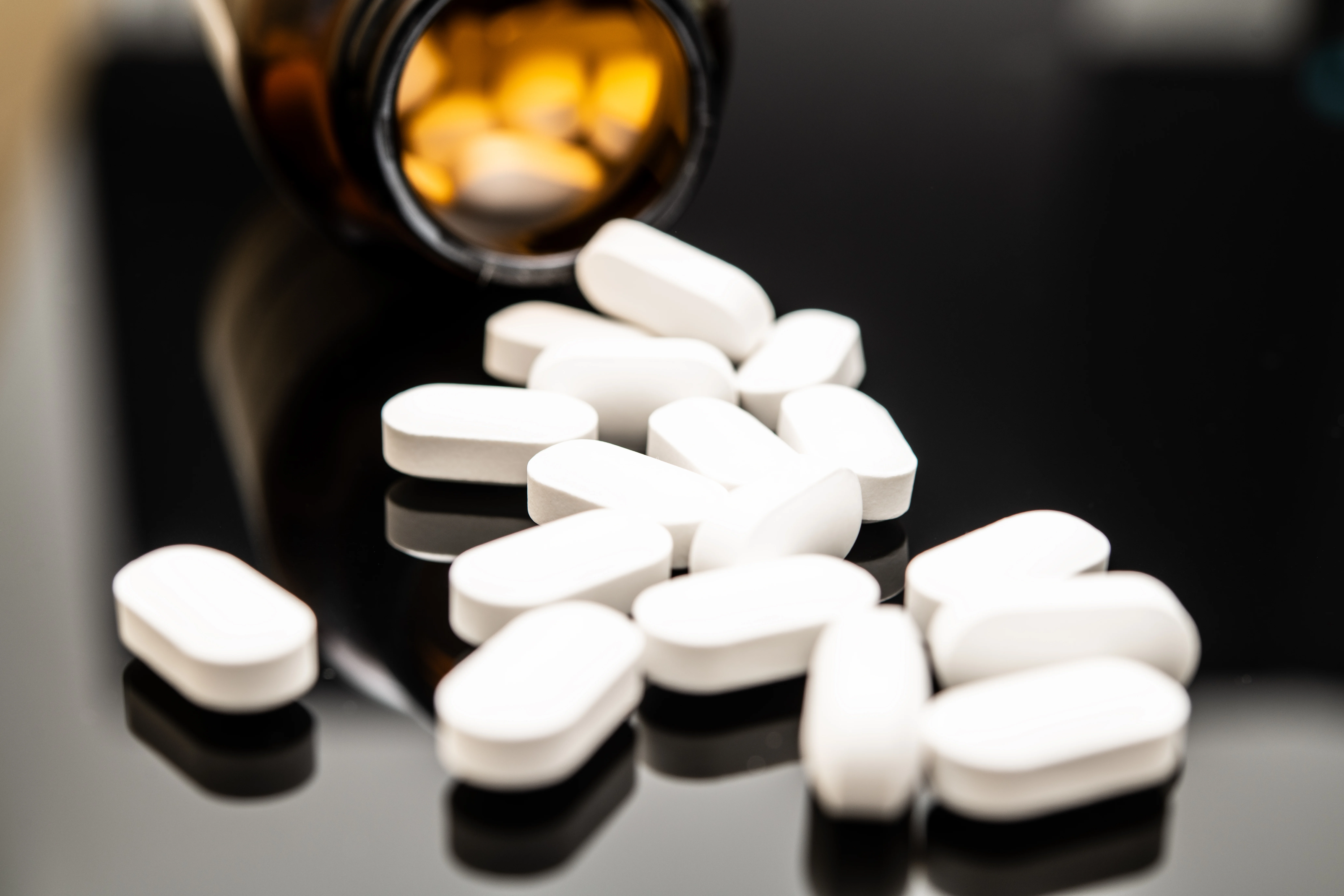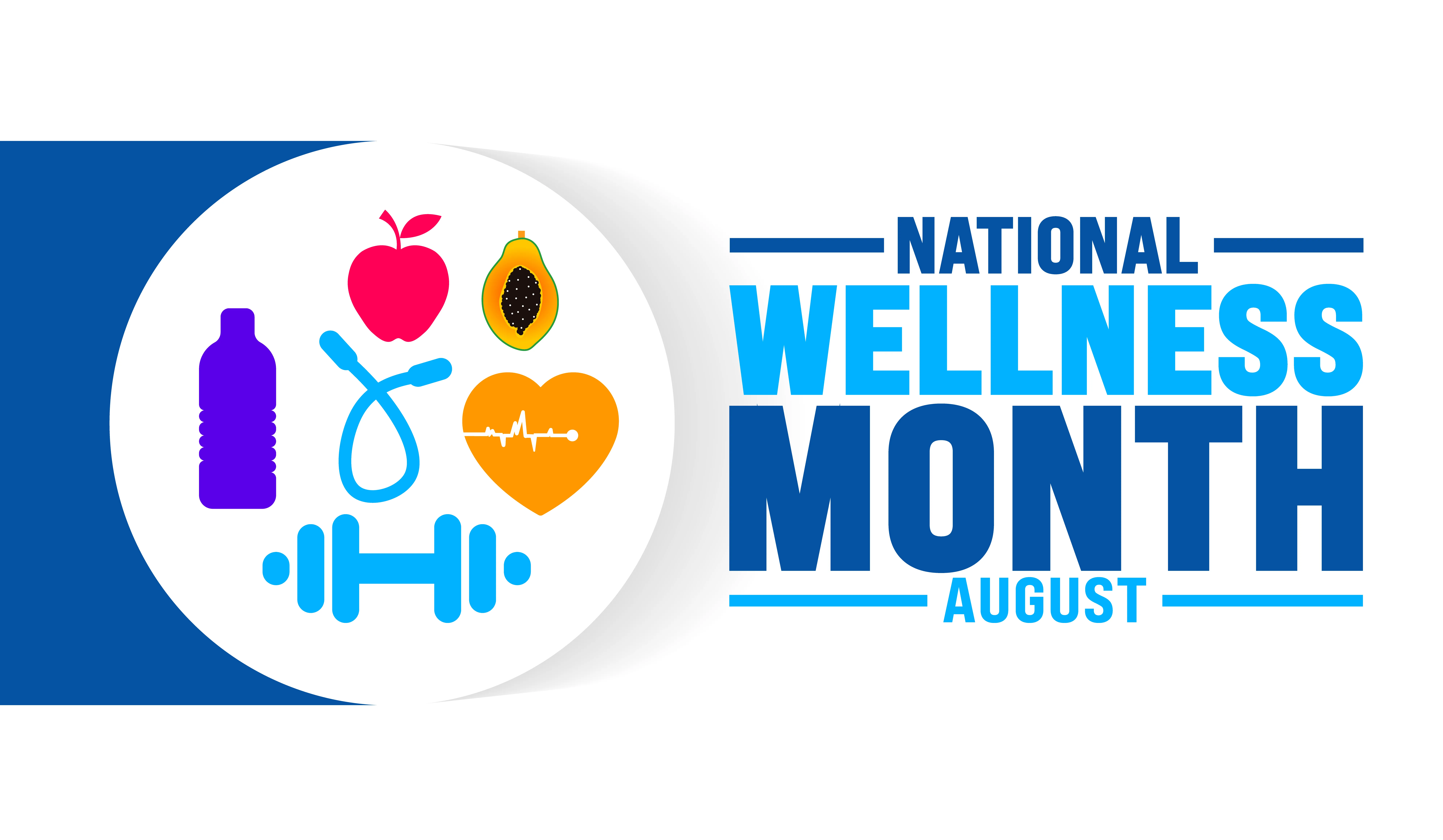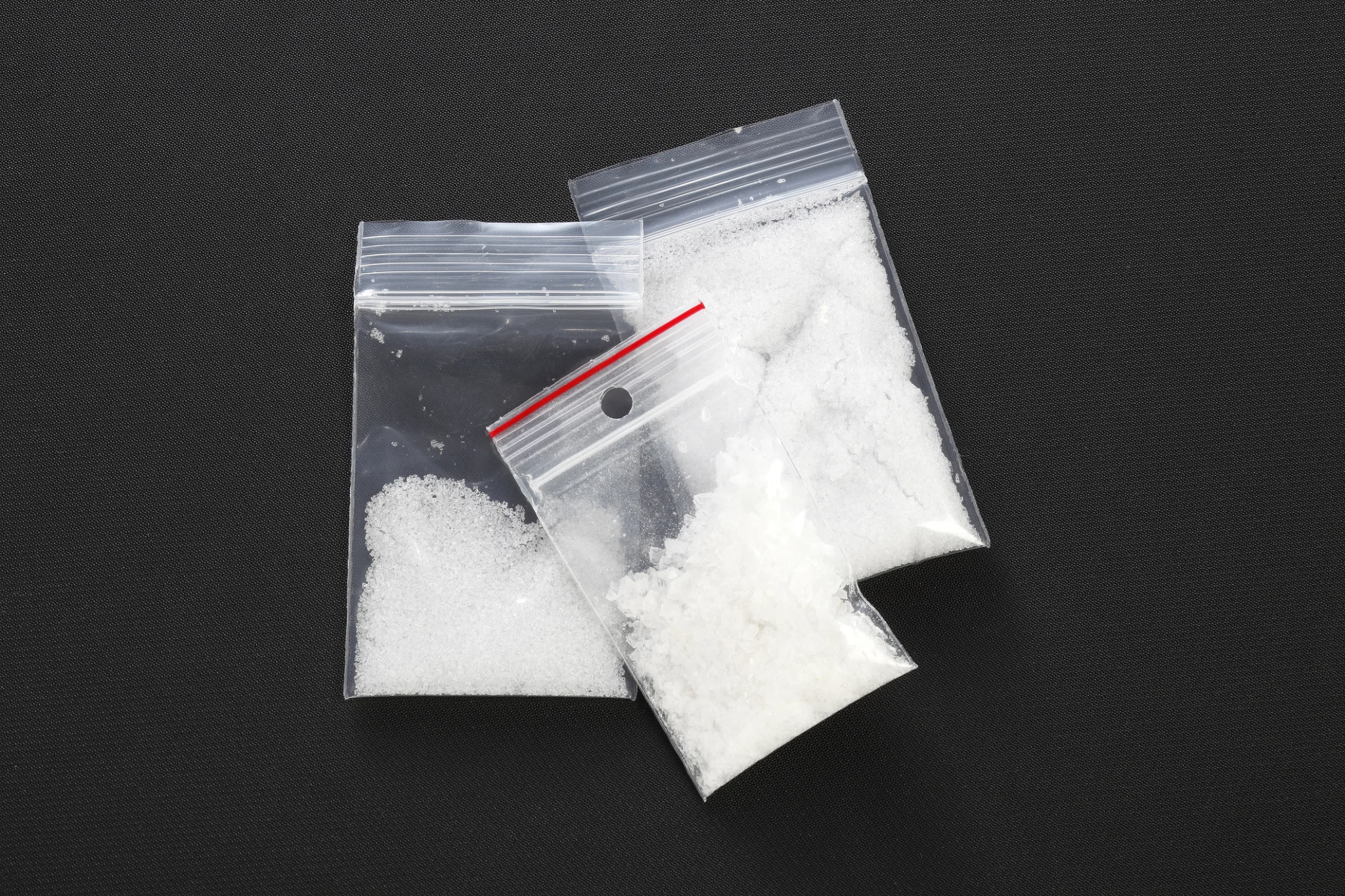Is “Feel Free” Really Safe? What to Know About This Kratom and Kava Drink

A new drink called Feel Free is making waves in gas stations, smoke shops and convenience stores across the country. Marketed as a “plant-based tonic,” it’s gaining popularity for its supposed mood-boosting and productivity-enhancing effects. But while it may sound like a harmless wellness trend, Feel Free contains two powerful psychoactive substances—kratom and kava—that pose serious risks for addiction and long-term health problems.
What Is Feel Free?
Feel Free is an herbal drink sold in small blue bottles, created by a company called Botanic Tonics. The drink’s main ingredients are Kratom (Mitragyna speciosa) and Kava (Piper methysticum). Both plants have been used traditionally for centuries—kratom in Southeast Asia and kava in the South Pacific, but their effects on the human brain and body are far from benign.
- Kratom acts as a stimulant at low doses and mimics opioids at higher doses.
- Kava has calming, sedative properties and is often consumed to reduce anxiety or stress.
When combined, these substances can create a feeling of relaxed euphoria or increased mental clarity, but that feeling can come with unintended consequences.
Why Is Feel Free Addictive?
Although it’s labeled as a “natural” or “wellness” product, kratom in particular is chemically addictive. It binds to the same brain receptors as opioids, and repeated use can lead to:
- Tolerance (needing more to feel the same effects)
- Physical dependence
- Withdrawal symptoms like anxiety, irritability, nausea and insomnia
Kava is not considered physically addictive, but long-term use has been linked to liver damage, especially when combined with alcohol or other substances.
Many users of Feel Free report needing multiple bottles per day to avoid feeling tired or irritable. This cycle of increasing use and dependency mirrors the patterns seen in more traditional substance use disorders.
A Growing Concern in Communities
Because Feel Free is sold legally and often in health food stores or gas stations, many assume it’s safe. But kratom and kava are not regulated by the FDA, and their safety has not been thoroughly studied in the combinations or quantities found in products like Feel Free.
Some countries have banned kratom entirely, and several U.S. states and municipalities have implemented restrictions. Despite this, awareness remains low, and many consumers—including teens and young adults—may not realize they’re ingesting habit-forming substances.
Addiction professionals are now seeing more cases of kratom-related dependence, with Feel Free playing a growing role in that trend.
The Importance of Medical Detox
Detoxing from kratom, especially after prolonged use of products like Feel Free, can be both physically and emotionally challenging. Symptoms may include severe anxiety, insomnia, muscle aches, nausea and intense cravings. For individuals who’ve been using daily, quitting cold turkey at home can be unsafe and overwhelming.
That’s why medically supervised detox is an essential first step in recovery. At Pyramid Healthcare, we provide 24/7 medical support to help clients manage withdrawal symptoms in a safe, structured environment. Our detox program is designed to ease the discomfort of withdrawal, reduce relapse risk and prepare individuals for the next phase of treatment.
We understand that substances like kratom can fly under the radar, making it harder for individuals to recognize they have a problem. If you’re unsure whether you’re dealing with dependence, our team is here to evaluate, educate and support you every step of the way.
A Safer Way Forward
Feel Free may look like just another energy drink on the shelf, but the combination of kratom and kava creates very real risks—especially for those prone to substance use or seeking ways to self-medicate. The short-term lift may not be worth the long-term consequences.
Contact us today if you or someone you care about is struggling with Feel Free or other substance use. Pyramid Healthcare can help, from detox through outpatient care, our programs are tailored to meet you where you are—with compassion, clinical expertise and long-term support.
A new drink called Feel Free is making waves in gas stations, smoke shops and convenience stores across the country. Marketed as a “plant-based tonic,” it’s gaining popularity for its supposed mood-boosting and productivity-enhancing effects. But while it may sound like a harmless wellness trend, Feel Free contains two powerful psychoactive substances—kratom and kava—that pose serious risks for addiction and long-term health problems.
What Is Feel Free?
Feel Free is an herbal drink sold in small blue bottles, created by a company called Botanic Tonics. The drink’s main ingredients are Kratom (Mitragyna speciosa) and Kava (Piper methysticum). Both plants have been used traditionally for centuries—kratom in Southeast Asia and kava in the South Pacific, but their effects on the human brain and body are far from benign.
- Kratom acts as a stimulant at low doses and mimics opioids at higher doses.
- Kava has calming, sedative properties and is often consumed to reduce anxiety or stress.
When combined, these substances can create a feeling of relaxed euphoria or increased mental clarity, but that feeling can come with unintended consequences.
Why Is Feel Free Addictive?
Although it’s labeled as a “natural” or “wellness” product, kratom in particular is chemically addictive. It binds to the same brain receptors as opioids, and repeated use can lead to:
- Tolerance (needing more to feel the same effects)
- Physical dependence
- Withdrawal symptoms like anxiety, irritability, nausea and insomnia
Kava is not considered physically addictive, but long-term use has been linked to liver damage, especially when combined with alcohol or other substances.
Many users of Feel Free report needing multiple bottles per day to avoid feeling tired or irritable. This cycle of increasing use and dependency mirrors the patterns seen in more traditional substance use disorders.
A Growing Concern in Communities
Because Feel Free is sold legally and often in health food stores or gas stations, many assume it’s safe. But kratom and kava are not regulated by the FDA, and their safety has not been thoroughly studied in the combinations or quantities found in products like Feel Free.
Some countries have banned kratom entirely, and several U.S. states and municipalities have implemented restrictions. Despite this, awareness remains low, and many consumers—including teens and young adults—may not realize they’re ingesting habit-forming substances.
Addiction professionals are now seeing more cases of kratom-related dependence, with Feel Free playing a growing role in that trend.
The Importance of Medical Detox
Detoxing from kratom, especially after prolonged use of products like Feel Free, can be both physically and emotionally challenging. Symptoms may include severe anxiety, insomnia, muscle aches, nausea and intense cravings. For individuals who’ve been using daily, quitting cold turkey at home can be unsafe and overwhelming.
That’s why medically supervised detox is an essential first step in recovery. At Pyramid Healthcare, we provide 24/7 medical support to help clients manage withdrawal symptoms in a safe, structured environment. Our detox program is designed to ease the discomfort of withdrawal, reduce relapse risk and prepare individuals for the next phase of treatment.
We understand that substances like kratom can fly under the radar, making it harder for individuals to recognize they have a problem. If you’re unsure whether you’re dealing with dependence, our team is here to evaluate, educate and support you every step of the way.
A Safer Way Forward
Feel Free may look like just another energy drink on the shelf, but the combination of kratom and kava creates very real risks—especially for those prone to substance use or seeking ways to self-medicate. The short-term lift may not be worth the long-term consequences.
Contact us today if you or someone you care about is struggling with Feel Free or other substance use. Pyramid Healthcare can help, from detox through outpatient care, our programs are tailored to meet you where you are—with compassion, clinical expertise and long-term support.







